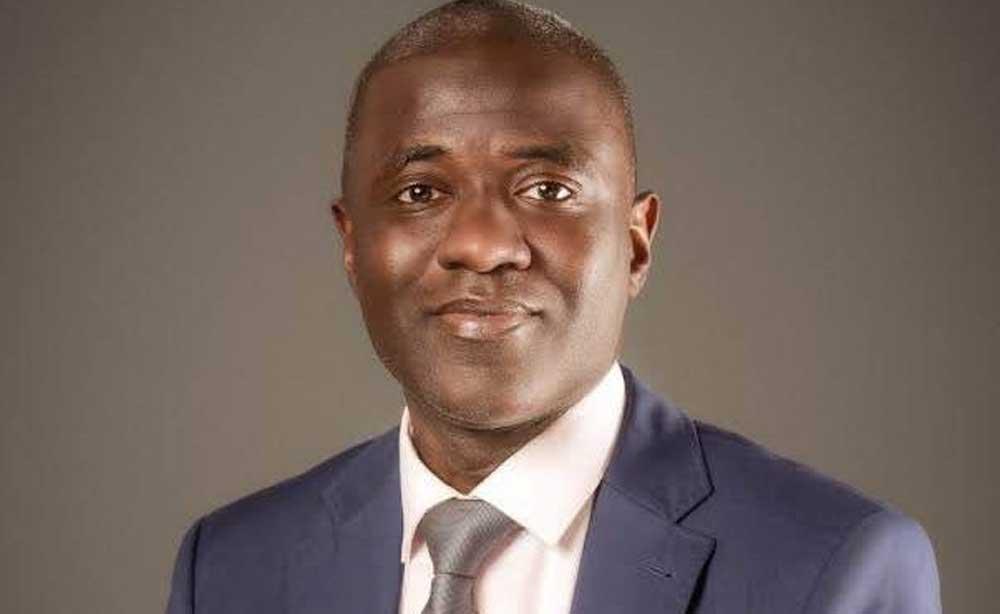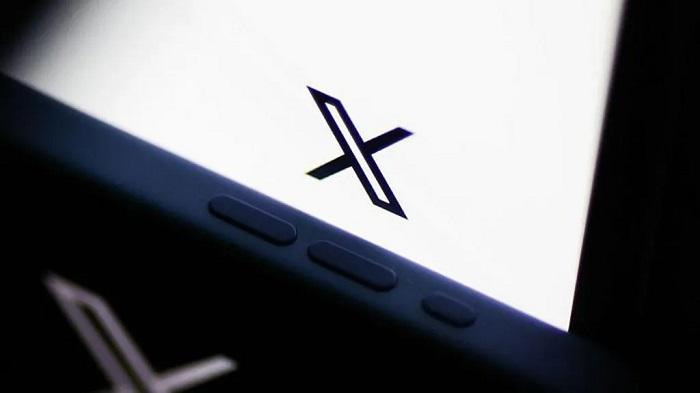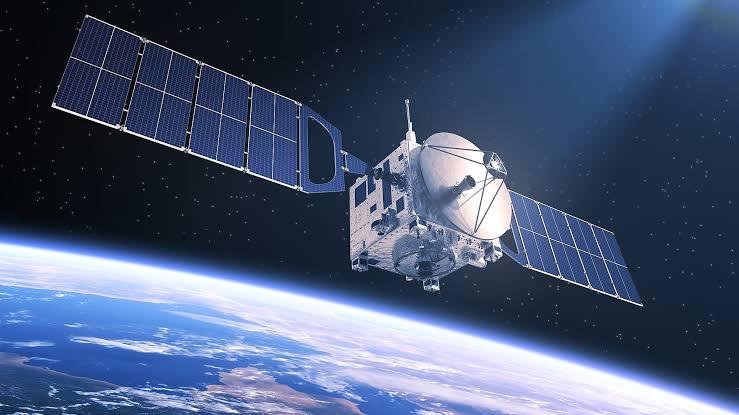
Telecommunication companies in Nigeria must now inform customers in advance about major service disruptions on their networks.
This new directive comes from the Nigerian Communications Commission (NCC), which says the move is aimed at improving customer experience and ensuring transparency when there are outages. In a circular titled “Directive on Reportage of Major Network Outages by Mobile Network Operators (MNOs),” the NCC stated that operators must publicly inform consumers about the areas affected, the nature of the outage, and how long it will take to restore services.
For planned service interruptions, telecom providers are expected to give at least one week’s notice. These notifications should be made through various media channels.
The Commission explained that the new rule applies not only to mobile network operators but also to internet service providers and other companies offering last-mile connectivity. If an outage lasts longer than 24 hours, providers must offer proportional compensation to affected customers. This could include service extensions, as laid out in the Consumer Code of Practice Regulations.
The NCC identified three main categories of major outages. The first involves issues like fibre cuts, theft, vandalism, or natural disasters that affect five percent or more of an operator’s subscribers or cover five or more local government areas. The second category includes unplanned outages or full disconnection at 100 or more network sites, or five percent of total sites, lasting more than 30 minutes. The third type is any service failure that reduces quality in the top 10 states with the highest telecom traffic, as determined by the Commission.
All major outages must be reported through the NCC’s Major Outage Reporting Portal. The portal, which is available on the NCC website, also names any parties found responsible for the disruption.
Engr. Edoyemi Ogor, Director of Technical Standards and Network Integrity at NCC, explained that the system has already been tested with operators before the directive was issued. He emphasized that the new approach encourages transparency and accountability and ensures that those responsible for damaging telecom infrastructure are held to account.
Ogor added that the move supports the Executive Order signed by President Bola Ahmed Tinubu, which classifies telecom infrastructure as Critical National Information Infrastructure (CNII). This designation highlights the importance of protecting these assets for national security, economic growth, and daily life in Nigeria.
Technology

Tanzania Blocks Access to X Over Pornography and Security Concerns
Tanzania has blocked access to the social media platform X, formerly known as Twitter, citing concerns over pornographic content that violates the country's cultural and legal standards.

Nigeria Approves Launch of Four Satellites for Security, Earth Monitoring
Nigeria will launch four new satellites to support Earth observation and enhance national security efforts, according to Uche Nnaji, the Minister of Innovation, Science, and Technology.

Indonesia Eyes Data Centre Growth but Faces Major Hurdles
Indonesia, Southeast Asia’s largest digital economy by population, aims to become a major tech player in the region.